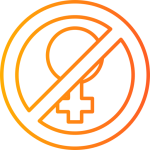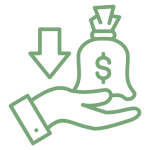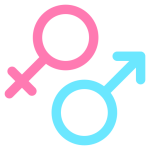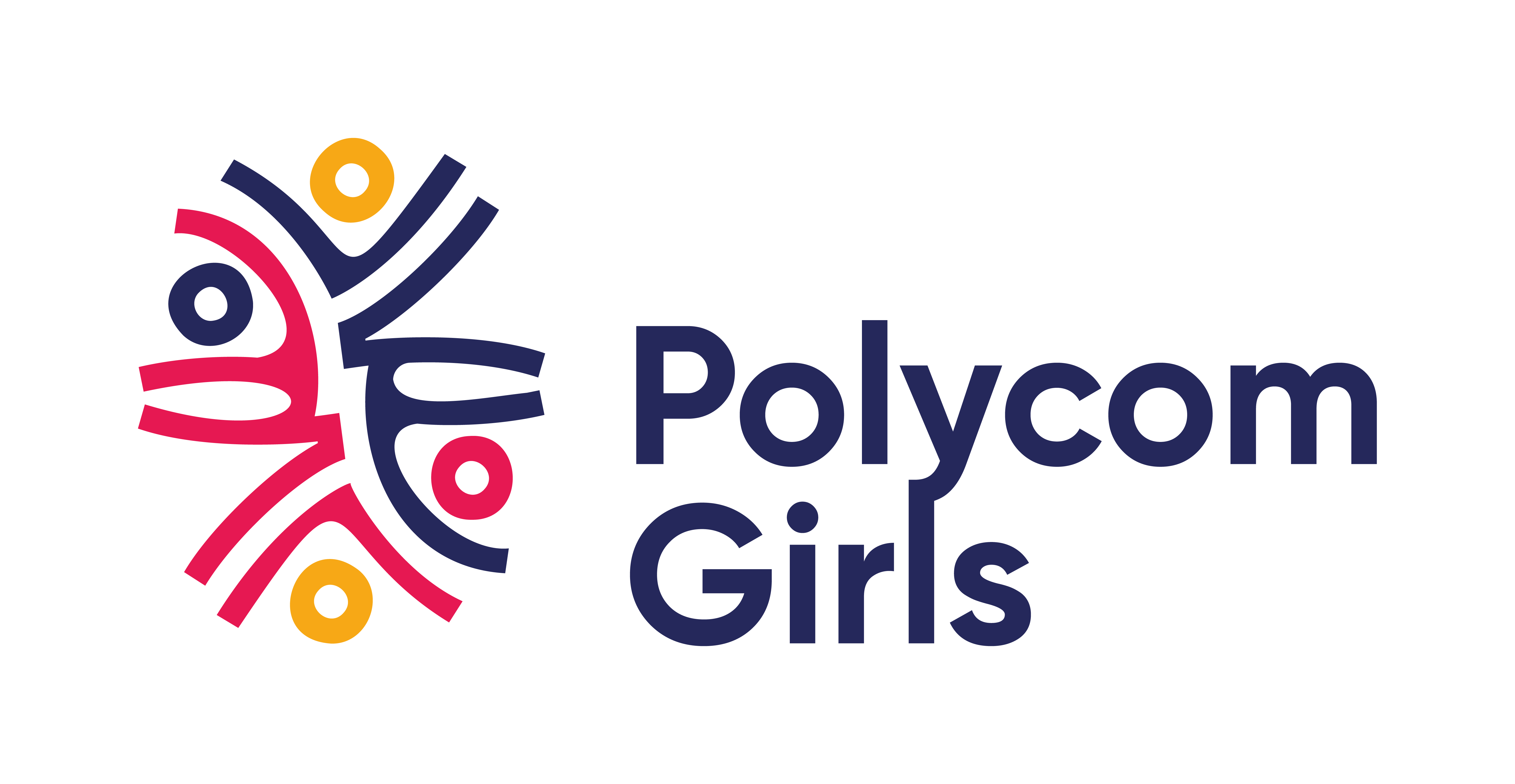Our Thematic Priorities

Ending Violence Against Women and Girls (EVAWG)
Polycom Girls is dedicated to ending violence against women and girls through innovative strategies, such as the “Talking Boxes” in Kibera, now expanded to three counties. This initiative fosters open communication in schools, allowing young girls to share their concerns. Annually, over 3,500 notes are collected, emphasizing the critical role of Talking Boxes in providing support.
Polycom also offers psychosocial support in 50 partner schools, creating a nurturing environment for adolescents. Collaborating with the RedDot Foundation, Polycom uses the SafeCity app to track sexual harassment. The Boresha Binti program provides mentorship and sanitary packages. Polycom’s policy efforts include technical working groups, evidence reports, and survivor centered initiatives.

Empowering and Providing Welfare and Agency to Girls and Women
Polycom Girls empowers adolescent girls through the GPENDE ASSEMBLIES initiative, promoting self-love, sports, hygiene, and communication. With over 500 female and 50 male volunteers, they provide psycho-social support to more than 2,500 girls annually, reaching over 3,000 in 2023. Polycom ensures inclusivity, involving girls with disabilities and survivors of slavery in community advocacy, including chief barazas and public participation in Homabay, Nairobi, and Meru counties. These actions
have led to girls being selected for advisory boards and the formation of a children’s parliament, where adolescents take on leadership roles.

Providing Water, Sanitation and Hygiene (WASH) to Girls and Women
Polycom Girls addresses menstrual hygiene needs among adolescent girls in informal settlements by providing free sanitary towels and panties in Nairobi, Meru, Bomet, and Kilifi. They produce and distribute soap to schools in Kibera to maintain clean toilets, reducing infections among students. Polycom refers about 15 students monthly to youth-friendly facilities for treatment and supports teenage mothers, advocating for their return to school. Through life skills education, they reached 2,924 girls and 905 boys in 2023. Their own pads company ensures a continuous supply of sanitary products, enhancing menstrual hygiene access and supporting the holistic development of the Kibera community.

Pushing for Women Economic Empowerment (WEE) and Economic Justice
Polycom Girls promotes Women’s Economic Empowerment (WEE) in Nairobi, Kitui, and Homa Bay through initiatives like Affirmative Action Funding, microfinancing, and Money Market Funds. Since 2022, over 100 women-owned small businesses have benefited, accessing financial management information and credit facilities. Workshops on the National Women’s Economic Strategy advocate its adoption across all 47 counties, while mentorship programs support startup growth. Polycom has trained 200 women, helped two groups access affirmative funds, and included a market in Kibera’s integrated plan. Committed to economic justice, Polycom ensures young women’s voices are heard in policy reforms and advocates for equal pay and quality education.

Advancing Peace and Security for Girls and Women
Inspired by their founder, who worked to quell the 2007 post-election violence in Kibera, Polycom Girls advances peace and security for girls and women through strategic initiatives. Recognizing that violence and insecurity disproportionately affect women, Polycom creates safe spaces for women to appreciate diversity through sports and peacebuilding. Collaborating with the National Cohesion and Integration Commission, they train and equip women to become community leaders advocating for peace. These efforts address domestic violence, community conflicts, and civil wars, aiming to reduce displacement, injuries, and loss of lives while empowering women to lead peaceful advocacy.

Collaborating with Boys and Men as Gender Champions
Polycom Girls believes in promoting gender equality by engaging boys and men as gender champions. They support local initiatives and encourage male participation in international observances and policy advocacy on gender issues. By fostering open, respectful dialogues between genders, Polycom challenges stereotypical beliefs and retrogressive norms. This
collaboration has led boys and men to actively oppose harmful practices like Female Genital Mutilation (FGM) and Gender-Based Violence (GBV). Through the Boys and Young Men (BYM) Edition Program, Polycom has reached 1,957 boys and men, promoting gender equality, sexual reproductive health, and mental health education, thereby fostering a more equitable society.

